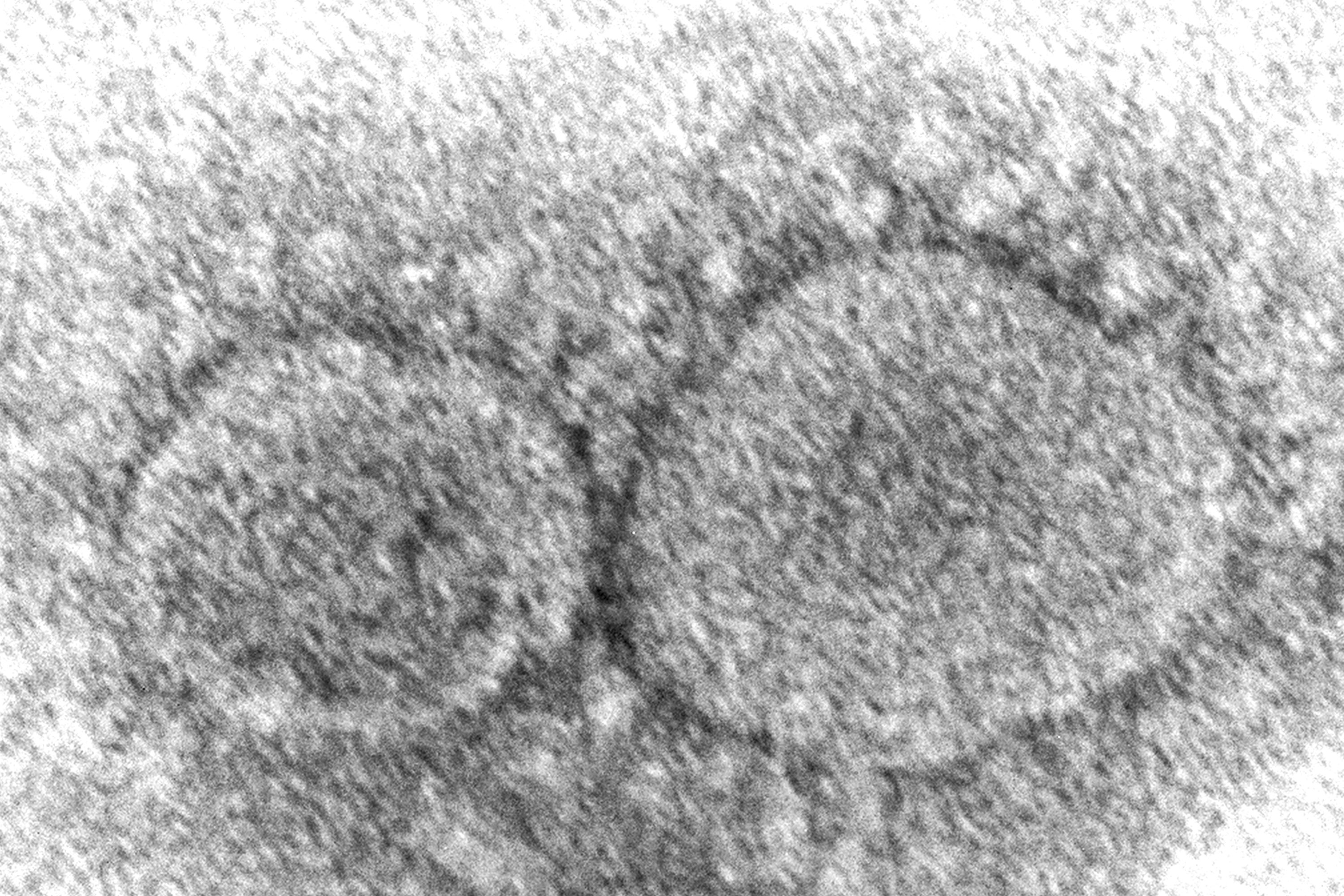Past COVID infections may help protect against certain colds. Could it lead to better vaccines?
If you’ve been sick with COVID-19, you may have some protection against certain versions of the common cold

If you’ve been sick with COVID-19, you may have some protection against certain versions of the common cold.
A new study suggests previous COVID-19 infections lower the risk of getting colds caused by milder coronavirus cousins, which could provide a key to broader COVID-19 vaccines.
“We think there’s going to be a future outbreak of a coronavirus,” said Dr. Manish Sagar, senior author of the study published Wednesday in the journal Science Translational Medicine. “Vaccines potentially could be improved if we could replicate some of the immune responses that are provided by natural infection.”
The study looked at COVID-19 PCR tests from more than 4,900 people who sought medical care between November 2020 and October 2021. After controlling for things like age, gender and preexisting conditions, Sagar said he and his colleagues found people previously infected with COVID-19 had about a 50% lower chance of having a symptomatic coronavirus-caused common cold compared with people were were, at the time, fully vaccinated and hadn't yet gotten COVID-19.
Several viruses cause colds; coronaviruses are thought to be responsible for about 1 in 5 colds.
Researchers linked the protection against coronavirus-caused colds to virus-killing cell responses for two specific viral proteins. These proteins aren’t used in most vaccines now, but researchers propose adding them in the future.
“Our studies would suggest that these may be novel strategies for better vaccines that not only tackle the current coronaviruses, but any potential future one that may emerge,” said Sagar of Boston Medical Center.
Dr. Wesley Long, a pathologist at Houston Methodist in Texas who was not involved in the study, said the findings shouldn’t be seen as a knock against current vaccines, which target the “spike” protein studding the surface of the SARS-CoV-2 virus that causes COVID-19.
These vaccines, he said, are “still your best defense against severe COVID-19 infection, hospitalization and death.”
But he added: “If we can find targets that cross-protect among multiple viruses, we can either add those to specific vaccines or start to use those as vaccine targets that would give us broader-based immunity from a single vaccination. And that would be really cool.”
___
The Associated Press Health and Science Department receives support from the Howard Hughes Medical Institute’s Science and Educational Media Group. The AP is solely responsible for all content.